A School for Prayer (19)
The Way of the Body
St Dominic and the ‘Nine Ways of Prayer’ (2)
What the Nine Ways of Prayer tell us
By Fr Craig Larkin SM, 1943 - 2015
It is clear that in all these pictures we are seeing Dominic at his private prayer. The miniatures all focus on Dominic. We are privileged spectators, watching him at his prayers.
But Dominic is always focused on Jesus. In all the pictures except No 9 there is a crucifix in the room. The image and person of Jesus is always the central point in the scene. Dominic’s prayer is very Christocentric.
The miniatures teach us that they are not simply about how Dominic prayed, but how he placed himself in relation to the Lord.
Though we are seeing Dominic at prayer, we should not imagine that it’s sufficient simply to imitate his gestures. It’s his focus of attention that is the central point.
At the same time, the text and illustrations show how much Dominic used his body at prayer. He bows; he genuflects; he prostrates himself; he gazes; he kisses the book; he bends over the book; he turns aside his face; he talks out loud; he murmurs; he gestures with his hands; he stretches out his arms; he walks on a journey.
This document indicates ‘something new’ in the way of prayer. Those who saw Dominic at prayer ‘were taken by a way of prayer that was unusual and remarkable’.
Ten Guidelines from St Dominic for Praying with the Body
1. The focus of our prayer is always God in Jesus Christ.
2. Prayer involves certain basic interior attitudes: humility, faith, hope, worship, repentance, desire. These attitudes can be reflected by the body – and sometimes should be: by bowing, prostrating, gazing, gesturing, etc.
3. Choose an appropriate place for prayer.
4. Take care to settle the body before praying.
5. At the beginning of prayer, choose a posture that helps the spirit to rise in prayer.
6. During prayer, what we do with our body expresses our inner attitudes, and can, at the same time, create those attitudes.
7. How and when we stand, or sit, or kneel, or bow, or genuflect, or lie, helps to unite the spirit and the body in the act of prayer.
8. Our hands can help to express the fundamental attitudes of prayer -- desire for God, thanksgiving, dialogue, listening, asking, sorrow.
9. Reading Scripture should lead into quiet prayer.
10. Even when we make a journey, or when we find ourselves outside ‘places of prayer’, we can find spaces for prayer.
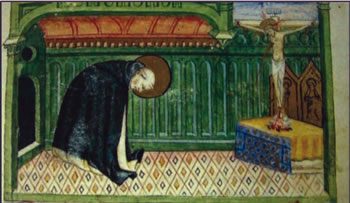
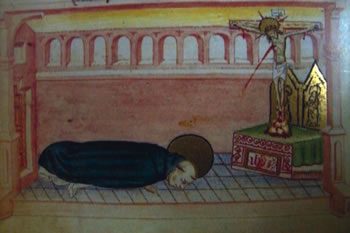
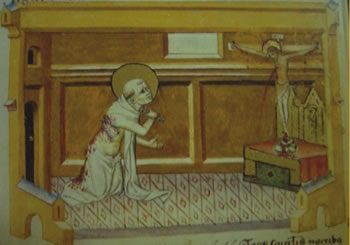
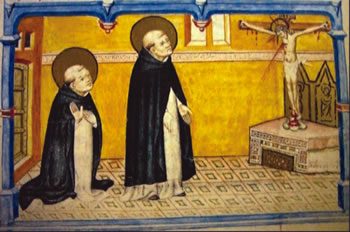
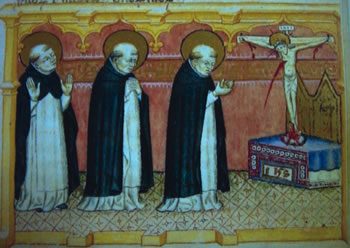
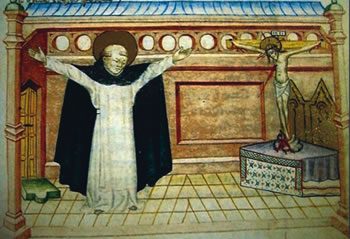
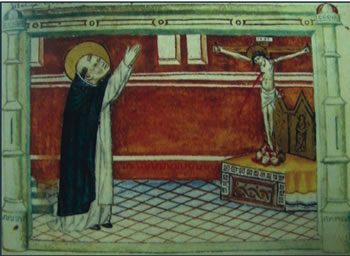
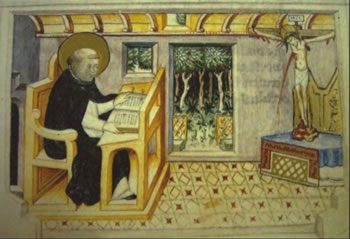
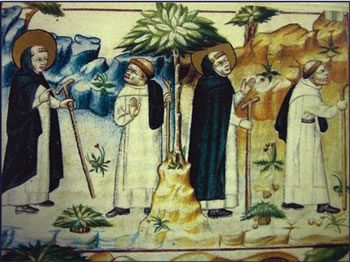
 Entries(RSS)
Entries(RSS)